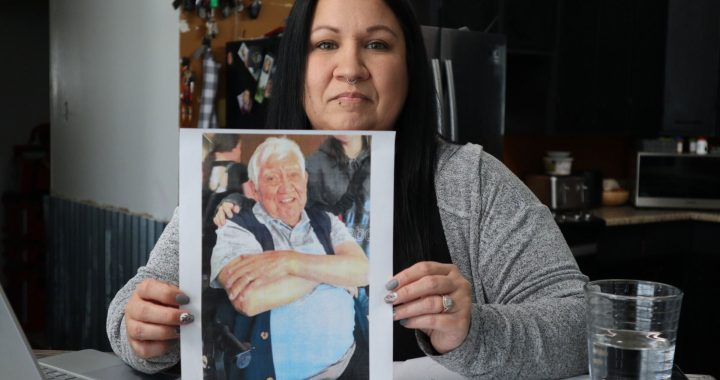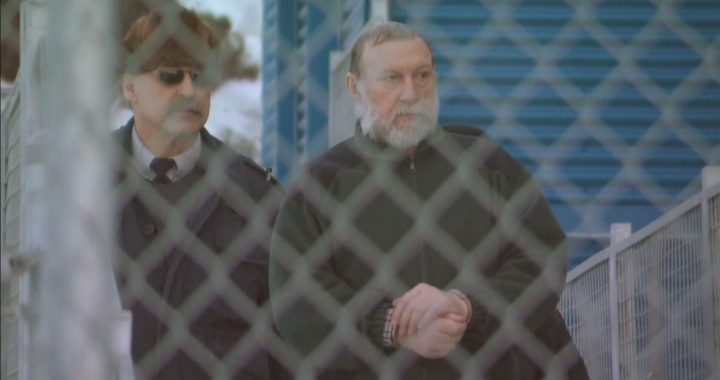Dennis WardFace to FaceThe highest homicide and hate crime rates in the country, a police service and police board under investigation and a Mayor facing serious charges. All compelling issues to dive into with a podcast.Those are some of the reasons, Ryan McMahon wanted to put together the five-part series called ‘Thunder Bay’ that aired on the podcast for Canadaland – but the Anishinaabe comedian, writer and documentarian had other reasons as well.“We did this to fight for Indigenous youth. We did this to shine a bright light on a very broken system” McMahon told Face to Face Host Dennis Ward for the upcoming show that airs Tuesday.After a yearlong investigation into the goings on in Thunder Bay, McMahon questions whether the system is actually broken or working exactly the way it’s supposed to? McMahon feels “the system is working perfectly fine, that in fact the system was never supposed to benefit us.”Although there was initially skepticism and criticism, the podcast has been widely praised and downloaded.McMahon, who is not a journalist, says there are unique challenges to “Indigenous journalism” and investigating your own people.“I was willing to find that Nishnawabe Aski Nation wasn’t doing a good enough job transferring these kids into the city and supporting them,” he said. “I was willing to look at all of the Indigenous organizations in the city. And I looked at that report card that was released after the Inquest and I started to dig into that report card to see who’s failing these kids.“At the end of the day, I’m not here to protect anyone.”There are many voices from the interviews conducted for the podcast that stick with McMahon. Most of them from Indigenous youth living in Thunder Bay.“A couple in particular about kidnappings and abductions that they faced where they were picked up, beaten up, thrown outside of the city to walk back into the city and not feeling safe enough to report those incidents to police.”After hearing dozens of similar stories during Canadaland’s one year investigation, McMahon says it’s difficult for him to hear the police say there are no reported incidents of attempted abductions in the city because none are reported.Shortly after the fifth episode of the podcast was released to the public, two damning reports were released in Thunder Bay.In one, the Ontario police watchdog found systemic racism exists within the Thunder Bay police service and called for nine investigations to be reopened.44 recommendations were also released.The report “was a bit of a moral victory for people” says McMahon who is still stunned that people actually gave the investigator a standing ovation when he released his findings.McMahon feels the investigations into the Thunder Bay police and it’s board as well as the Thunder Bay podcast should be a warning to other police services and other cities of similar size.“I think that Thunder Bay is a warning to Canada and really it’s Canada’s story and as difficult as it was to make this podcast series I want to reiterate and I’ve said this publicly a lot and I’ll say it again is that Thunder Bay could’ve been made in any number of cities across Canada.”McMahon also feels podcasts are a good tool and an under-appreciated medium that Indigenous communities could benefit from using to work on things like language.“There are native radio stations all across Indian country, it’s our life blood, radio stations are our life blood. We divorce our wives on the radio, we sell our stuff on the radio, we find our dogs on the radio and we can tell our stories on the radio, too.”dward.ca












